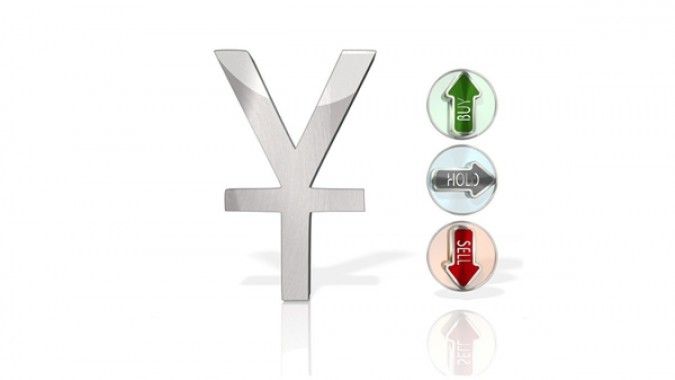JAKARTA. Investors pulled out a total of Rp 1.35 trillion (US$98.34 million) from the stock market while the Jakarta Composite Index (JCI) lost nearly 6 percent of its value in just two days after China devalued its currency — a move which could hurt exports across the region.
Foreign investors, according to the Indonesian Stock Exchange (IDX) data, made net sells of Rp 763.77 billion on Wednesday, extending the Rp 584.6-billion sales they made in the previous day.
As the prices of traditionally foreign-loaded shares — which include the country’s top-four lenders, diversified conglomerate Astra International Indonesia as well as consumer giant Unilever Indonesia — ended as the day’s top laggards, the JCI fell sharply.
The JCI to slip by 3.1 percent to 4,479.5, a level not seen since February 2014. The steep decline occurred after the index fell by 2.67 percent on Tuesday.
With a heavy outflow from the stock market since early July, total foreign net buys for the year so far stand at only Rp 1.5 trillion — or 10 percent of its peak of more than Rp 15 trillion earlier this year.
The stock market recorded foreign net sales amounting to Rp 2.69 trillion in the seven consecutive days until Wednesday, initially prompted by gloomy first-half economic updates announced earlier in the month.
The move by China — Indonesia’s biggest trading partner — to lower its pegged currency exacerbated the selling spree in the domestic stock market, analysts say.
The yuan was set for its biggest two-day drop since 1994 after China’s central bank cut its reference by 1.9 percent on Tuesday to keep exports competitive, Bloomberg reported, and on Wednesday it headed for another 1 percent drop.
“There are of course concerns that the devaluation might hurt Indonesian exports. On top of that, however, investors are panicking because they are not used to seeing an unpegged yuan,” Universal Broker head of research Satrio Utomo said.
China’s central bank, the People’s Bank of China, had safeguarded the yuan against the dollar since March to encourage global usage in a push for official reserve status at the International Monetary Fund, but a strong yuan had put pressure on China’s exports, which fell 8.3 percent from a year earlier in dollar terms in July.
The devaluation sent shockwaves across Asian markets, with most stock benchmarks ending lower by more than 1 percent on Wednesday, on fears that the move would curtail Chinese imports.
Satrio emphasized that the devaluation should not be interpreted as the yuan depreciating against the US dollar, saying that there were always highs and lows in a free market.
Given the current bearish trend, which might extend into next week, he said, the government and stock market regulators needed to intervene to prevent further slumps.
“There is every possibility for the stock market to see further selling and to book yearly foreign net sales. The government should have called listed state-run companies to buy back their shares to revive investment appetite, just like in previous years, but so far I have yet to see relevant ministries show concern about what’s happening on the stock market”.
While Satrio said the yuan played the biggest part in dragging down the index on Wednesday, domestic events — including the Cabinet reshuffle — partly contributed to the crash, Lanjar Nafi from Reliance Securities said that investors were looking after their investments ahead of the Cabinet reshuffle announcement.
“The rupiah hit another 18-year low and investors are concerned about the reshuffle, thus making the JCI the worst performer in the region,” he said in a note. (Anggi M. Lubis)
/2012/11/05/1141308076p.jpg)











